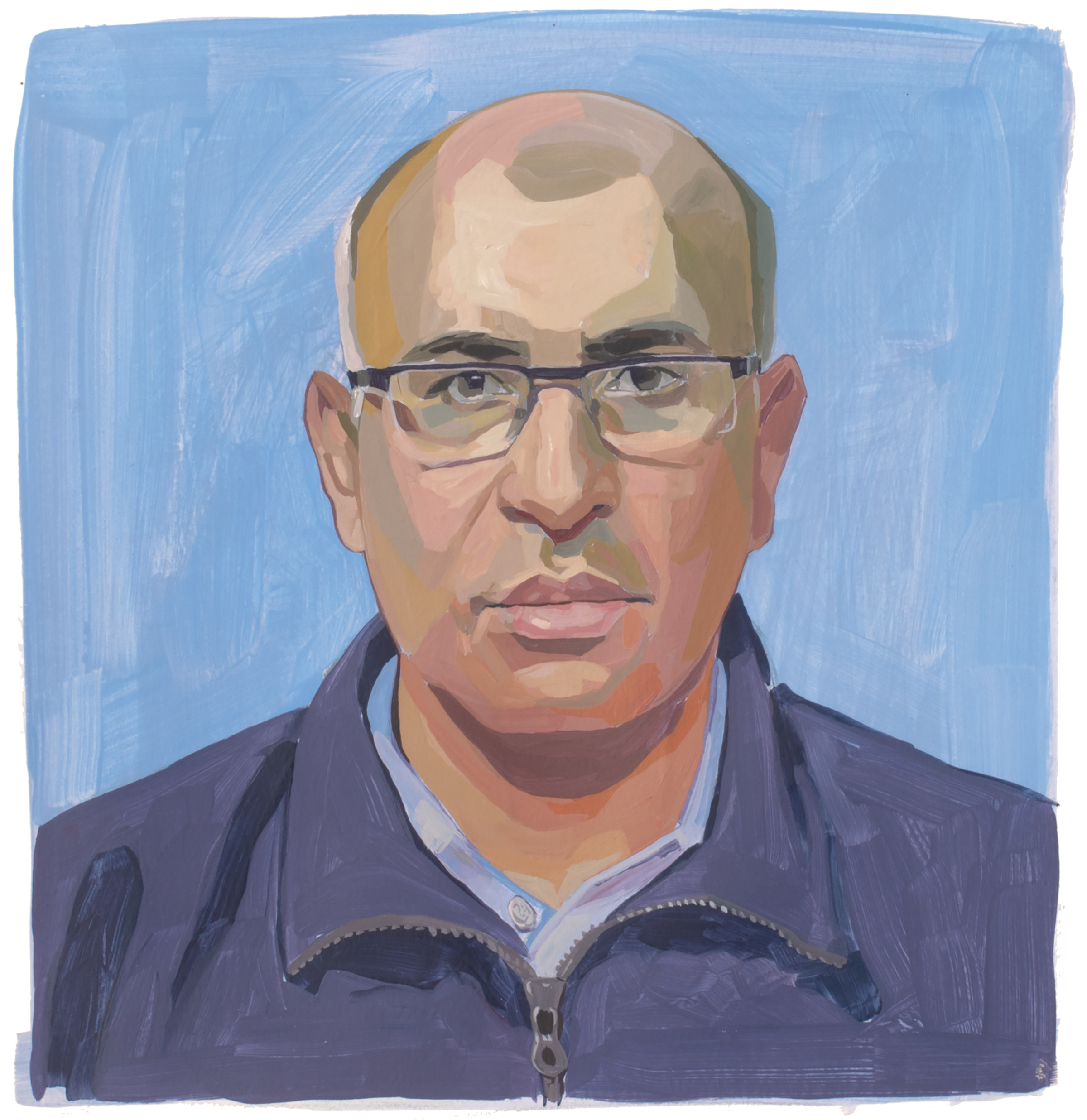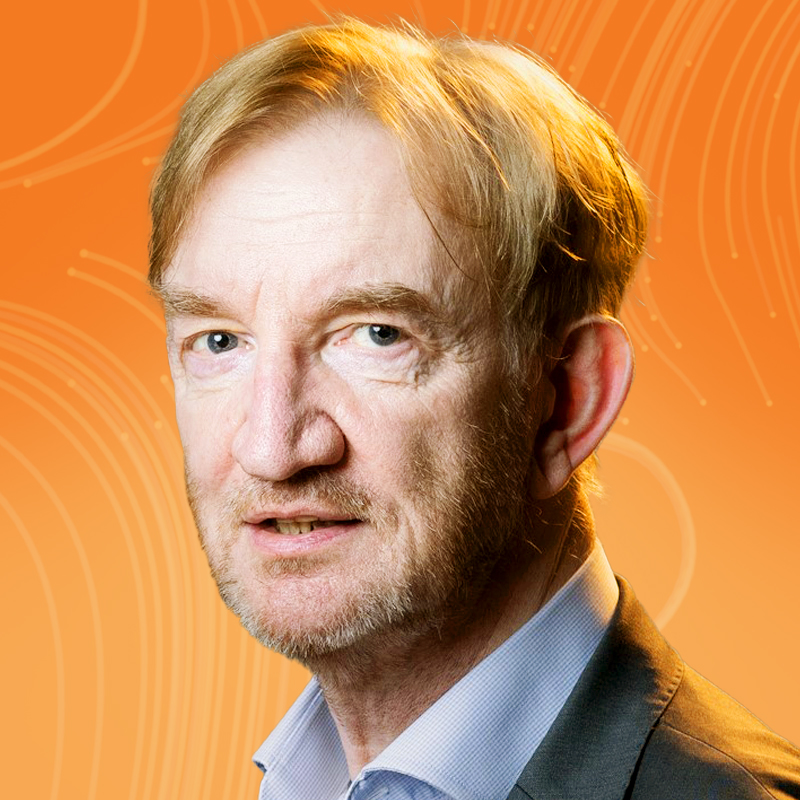In 2015, Jaha Dukureh’s native Gambia banned female genital mutilation (FGM)—a milestone for the West African country that had long allowed partial or total removal of female genitalia for nonmedical reasons. Dukureh played a key role in advocating for that legislation through Safe Hands for Girls, the nonprofit she founded that aims to end FGM, as well as child marriage.
But this March, Gambian lawmakers voted to advance a bill that would reverse the ban; a final vote will happen this summer. The subsequent months have been “the worst time,” Dukureh says. The cause is personal to her: She experienced FGM—a cultural practice that can lead to long-term health consequences, including infertility, urinary problems, and posttraumatic stress disorder—when she was 1 week old. Her half-sister died of complications from it. “It was important to lead an organization that was by people like us, who have lived experience and know how to tackle these issues in a respectful manner,” she says.
Dukureh and her colleagues are already fighting the potential reversal—which would be the first in the world—by protesting, promoting dialogue with community members and religious leaders, striving to better understand where they’re coming from, and educating them. “They’re denying a lot of the pain that women and girls are going through, and just calling it Western influence,” she says.
Dukureh’s own family members don’t always understand her mission. “I can’t tell you the amount of times in a day that I hear that I’m going to hell,” she says. “We’re up against our religious leaders, who say that we’re evil.”
That doesn’t sway her from her efforts. She feels it’s part of her destiny—and fears that a reversal in Gambia could encourage other countries to roll back laws that protect women. “It’s important for people to understand that you don’t have to go through FGM to know what we are dealing with,” she says. “This is a battle of women around the world—because you may not sound like me, you may not look like me, but what they are trying to do to our bodies is the same everywhere."
More Must-Reads from TIME
- Cybersecurity Experts Are Sounding the Alarm on DOGE
- Meet the 2025 Women of the Year
- The Harsh Truth About Disability Inclusion
- Why Do More Young Adults Have Cancer?
- Colman Domingo Leads With Radical Love
- How to Get Better at Doing Things Alone
- Michelle Zauner Stares Down the Darkness
Contact us at letters@time.com





